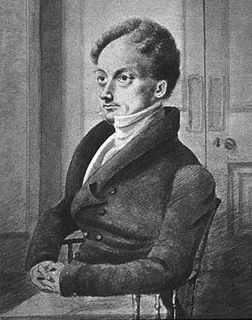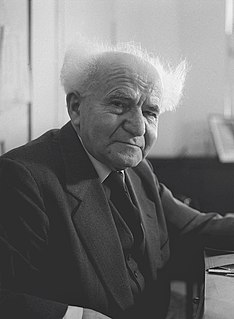A Quote by Edmund Burke
Politics ought to be adjusted not to human reasonings but to human nature, of which reason is but a part and by no means the greatest part.
Related Quotes
It is part of our human nature to want to be liked. It is part of our human nature to worry about what others think of us. It is an attribute of greatness and of American exceptionalism to not surrender to our nature, but to be guided by an inner calling to persevere and to prevail, no matter the personal cost.
I am part of the sun as my eye is part of me. That I am part of the earth my feet know perfectly, and my blood is part of the sea. My soul knows that I am part of the human race, my soul is an organic part of the great human race, as my spirit is part of my nation. In my own very self, I am part of my family.
Many people think that when we practice agriculture, nature is helping us in our efforts to grow food. This is an exclusively human-centered viewpoint... we should instead, realize that we are receiving that which nature decides to give us. A farmer does not grow something in the sense that he or she creates it. That human is only a small part of the whole process by which nature expresses its being. The farmer has very little influence over that process... other than being there and doing his or her small part.
Ruskin's much-derided moral theory of art was part of an attempt to show that this human activity, which we value so highly, engaged the whole of human personality. His insistence on the sanctity of nature was part of an attempt to develop Goethe's intuition that form cannot be put together in the mind by an additive process, but is to be deduced from the laws of growth in living organisms, and their resistance to the elements.
There is no supernatural, there is only nature. Nature alone exists and contains all. All is. There is the part of nature that we perceive, and the part of nature that we do not perceive. ... If you abandon these facts, beware; charlatans will light upon them, also the imbecile. There is no mean: science, or ignorance. If science does not want these facts, ignorance will take them up. You have refused to enlarge human intelligence, you augment human stupidity. When Laplace withdraws Cagliostro appears.
We mustn't be afraid of inventing anything...Everething there is in us exists in nature. After all, we're part of nature. If it resembles nature, that's fine. If it doesn't, what of it? When man wanted to invent something as useful as the human foot, he invented the wheel, which he used to transport himself and his burdens. The fact that the wheel doesn't have the slightest resemblance to the human foot is hardly a criticism of it.











































